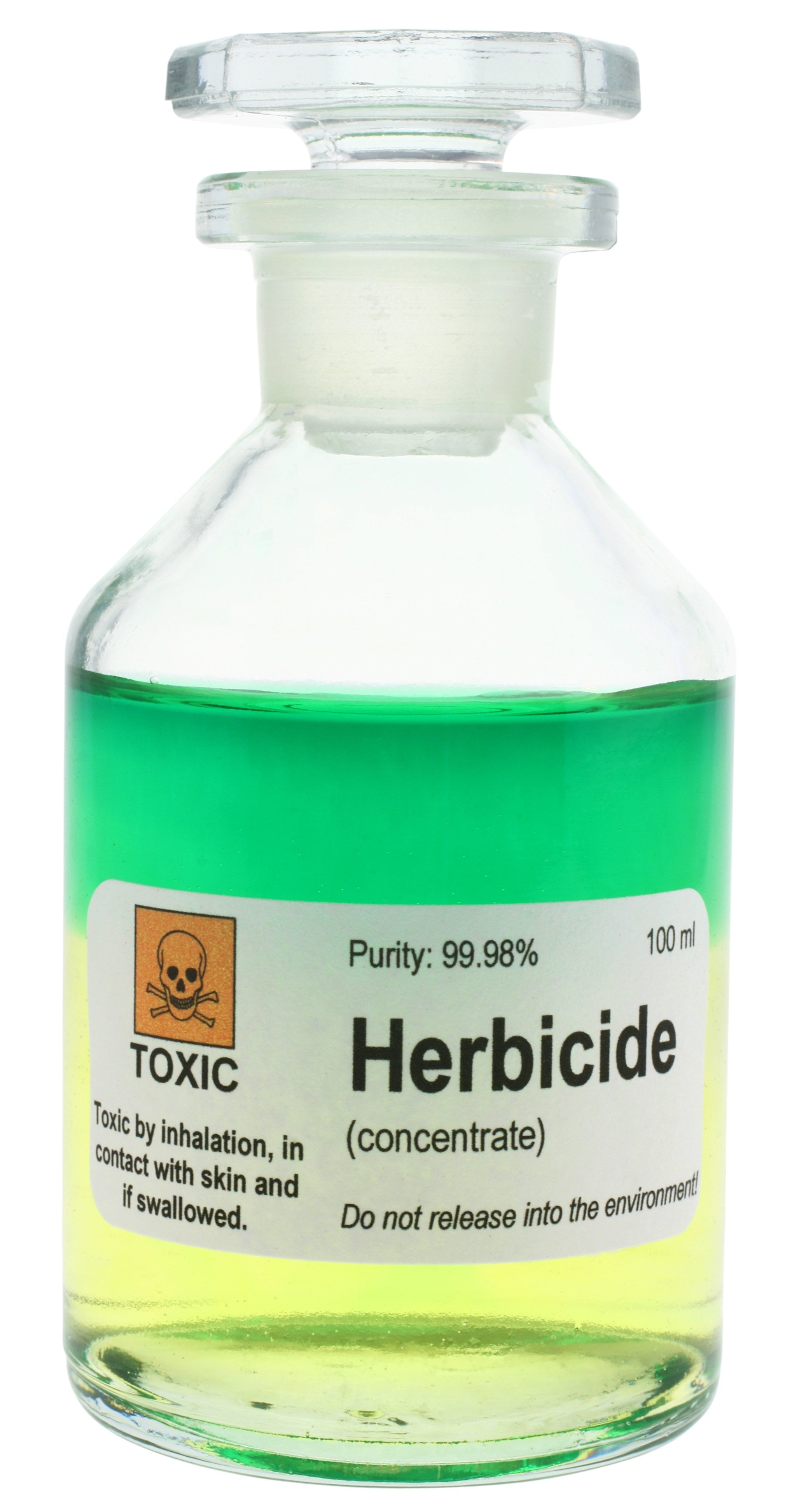
Atrazine is one of those water contaminants that may or may not be present in your drinking water. In many respects, it depends on where you live and how well regulated the area is by state and Federal environmental officials.
So what exactly is atrazine and what are its uses?
It is a crystalline solid organic compound, usually white, that dissolves in water. Before 1993, it was widely used, but since then its use has been greatly restricted. For the most part, it was used as an herbicide for control of broadleaf and grassy weeds.
This is where things can get a little murky. Even though its use was restricted in '93 that does not mean that certain persons no longer use it, if you live in a rural area where broadleaf and weedy grass is a problem, especially on farms, you may or may not have this compound in your groundwater sources. The major source of atrazine in drinking water comes from runoff from herbicide used on row crops. Can atrazine cause health problems? Yes. Those who drink water containing atrazine above the maximum contaminant level (MCL), over long periods, may experience health problems with their cardiovascular system or they may encounter reproductive difficulties. Also, other health issues may arise as well.
The Environmental Protection Agency (EPA) has set an enforceable regulation for atrazine at 0.003 mg/L or 3 ppb. Some states have more stringent rules concerning this chemical.
Municipal water suppliers routinely test for atrazine in water and are required to treat it when present in water so that it is below the limit set by the EPA or State. In the event they discover a violation has been made, they must notify customers within 30 days of the violation, and they must also correct the problem to bring the level down below the maximum allowable limit.
Those who live in areas where they may be susceptible to atrazine contamination may want to protect themselves further by using a granular activated carbon water filter system or similar in-home water filter. Granular activated carbon water filter systems have been proven to be effective for removing atrazine to below 0.003 mg/L or 3 ppb.
If you are not sure which water filter system best suits your overall needs, contact a reliable water filter vendor and have them discuss your particular needs with you. This can be an especially important discussion if you live in an area that has used or still uses atrazine for weed control on farms.


Share:
Water Contaminants: Benzene in Drinking Water
What is The Safe Drinking Water Act?